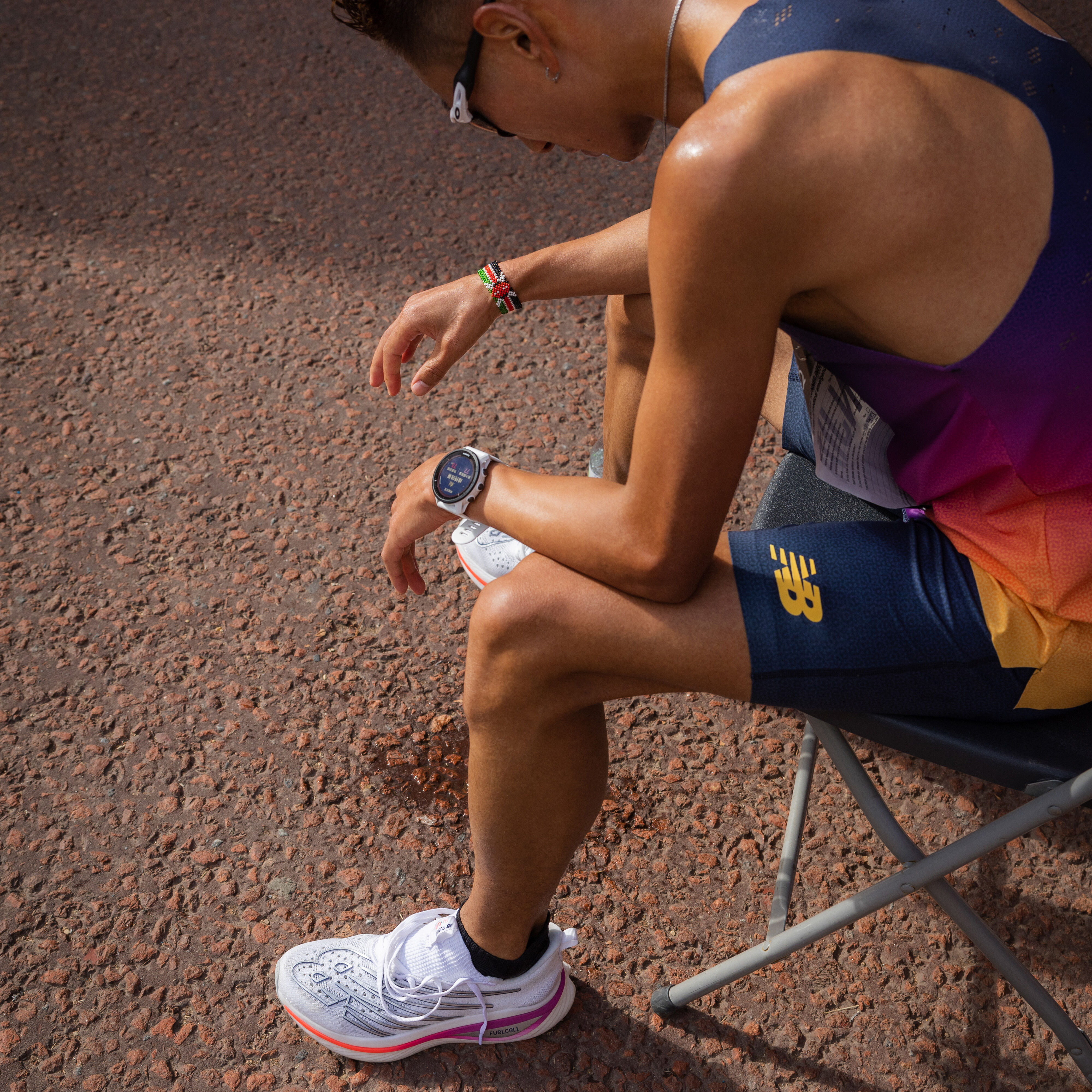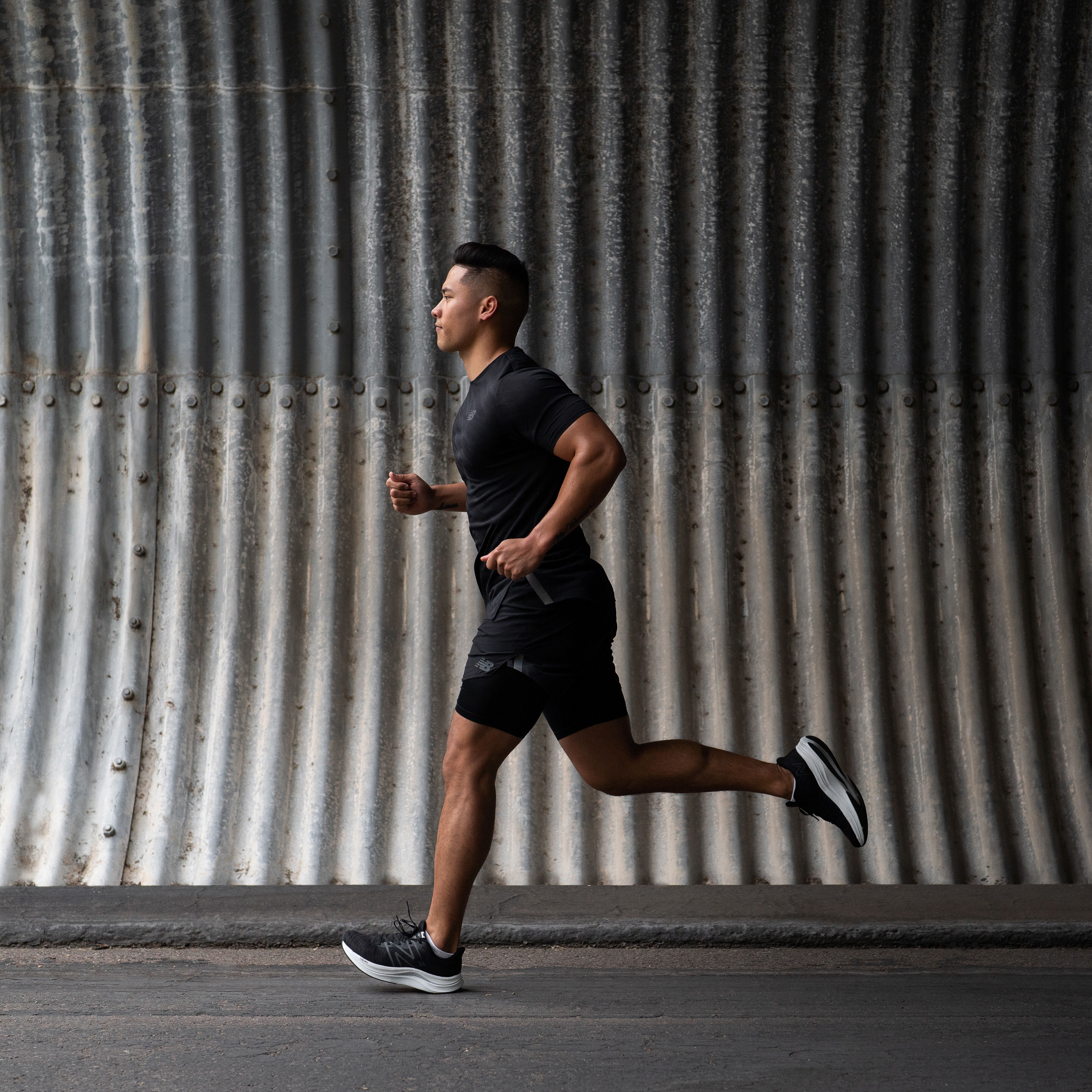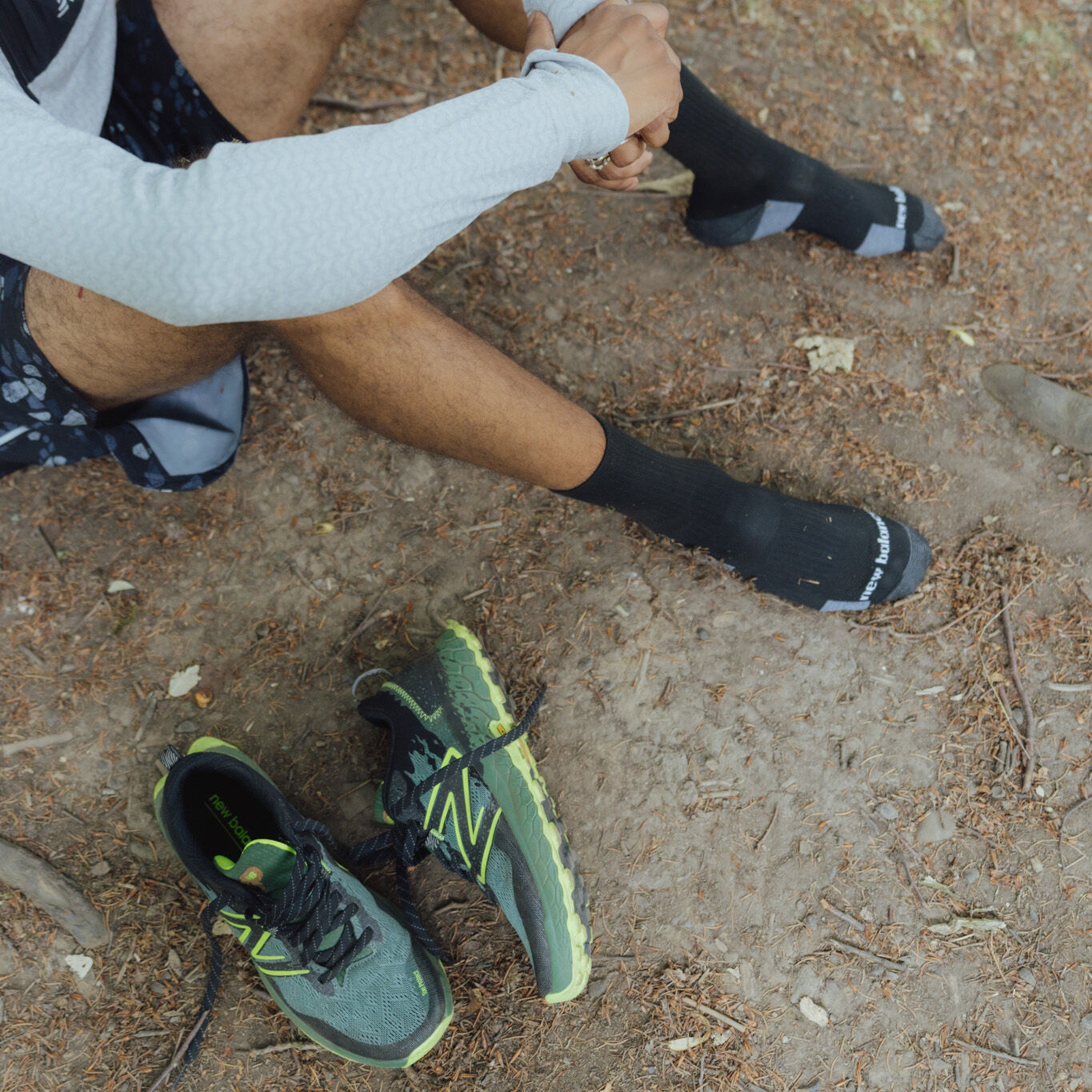-square.jpg)
Long-distance running tips
So what is a long-distance run? That all depends on the runner. For beginners, a run of five miles can seem daunting. For more experienced runners, it’s about training for the 26.2 miles of a marathon, or a centurion ultra-run of 100 miles. They all count. It’s about where you are on your personal running journey, and what your goals are. So here are some tips to run faster and further…
• Planning: Improving how to run faster and how to run for longer is not going to happen without goals to aim for, and some sort of plan to get you there. A plan means you can put in mileposts to chart your progress, to see how far you’ve come and how to build on your achievements. And to beat tiredness and the desire to stop running, it’s wise to work on your distance. If you’re starting out and your running distance is say, two or three miles on your longest run, you can add another mile to that during the next week, and the next. Incremental increases will see your stamina improve, and there are plenty of good running apps out there to help you create a plan to suit your fitness levels.
• Get the right running gear: The right running shoes and fitness apparel will work wonders for both your body and mind, enabling you to push on and go
further. Having the right running shoes for your feet and gait are vital, so if you can, try to get some gait analysis before you buy. And make sure you don’t use your runners for anything other than what they were intended for: running. The longer your shoes are in good condition, the longer you’ll run.
• Stretch before and after you run: One of the most important things when considering how start running at any age is warming up and cooling down. It’s vital to the success of a good, long run – and the ability to recover and run again to continue your training plan. Don’t skip it, no matter how tempting it might feel.
• Hydrate: Running for longer distances means sweating and losing fluids for longer too, so be sure to drink plenty before and after your run. You should consider having water handy for during your run as well. Finally, drink plenty with all your meals every day, and in between meals too.
• Pace yourself: Understand what your body is or isn’t capable of at the time of your run, and listen to it. If you push yourself too much, you might find yourself having to stop or failing to complete your run altogether. Keep track of your pacing with a running app or running watch, and eventually you’ll be able to pace yourself almost instinctively.
How to run longer without stopping
First of all, it’s not just about your legs or your feet. A key component of running without stopping is your mind and mental agility. Sometimes something as simple as a negative thought can be enough to bring you grinding to a halt, or even boredom.
To win your mind games, there’s a number of tactics you can employ:
• Running buddy: Running with a pal can make the miles fly by, and increase your motivation to keep going
• Music, podcasts or audio books: A good playlist can keep your pace peppy, and listening to a story or conversation can occupy your mind nicely
• Vary your route: Freshening things up with new views and new challenges can help keep things interesting for a better chance of running without stopping
.jpg)

-square.jpg)
How to run longer without getting tired
As with so much in life, you get out of your body what you put into it. If you find yourself suffering from fatigue when running, it could be that you need to reconsider how you fuel yourself. Your diet is hugely important to your running performance, so check you’re putting enough calories in to burn off as you exercise. A snack or meal rich in carbohydrates between 1-3 hours before you run will give you a boost and ensure you stay fuelled as you run. You should
also ensure you have a decent amount of water beforehand too, as this will keep you hydrated and help your food to burn off and convert to energy more efficiently.
Sleep is hugely important too, both in terms of energy before you run and recovery afterwards. Aim for a minimum of 7-9 hours of sleep per night – you’ll be glad you did.
How far can the average person run without stopping?
Again, it all depends on what constitutes a long run to you, and how far along your running journey you are. On average, most marathon runners tend to feel like they hit ‘the wall’ somewhere around the 15 to 22 mile mark on race day.
This all depends on a variety of factors including how much training has been done beforehand, though to nutrition, diet, age – and of course whether or not you’re wearing the right running shoes for your feet.
Farthest run without stopping
Let’s finish off with a little long distance runner inspiration - an idea of what the human body is capable of.
In 2005, an ultra-runner called Dean Karnazes set off on what was to become the furthest distance run without stopping. Pounding the ground of Northern California, Karnazes managed to run a total of 350 miles in 80 hours and 44 minutes without stopping. That’s an average of 13 minutes per mile, without sleeping or even stopping to eat (he ate but didn’t stop running while he munched).
And while that kind of endurance running is not something we’d necessarily recommend you attempt just yet; it just shows what is possible when you plan, prepare, train, eat, and kit up properly.
So, get your shoes on and go push just a little further than last time.
You can do it.



